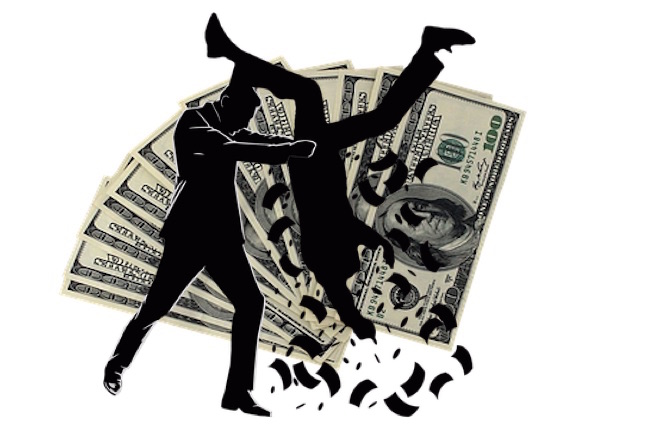The Senate’s Plan To Save Small Businesses Is Already Failing, And Mnuchin Just Made It Worse By Christopher Bedford for The Federalist
The details are out of Treasury now, and it looks like it isn’t going to work for a large number of small business owners after all.
Remember the deal the president signed to save America’s small businesses from ruin during the government’s coronavirus shutdown? The one hammered out by the Senate and Secretary of the Treasury Steven Mnuchin over weeks of tense negotiation while Americans worriedly watched, hoping good news might come before a depression does? The details are out of Treasury now, and it looks like it isn’t going to work for a large number of small business owners after all.
It isn’t going to work because the Senate’s formula allows far too little money to make up for a lost month and get through the following two or more while meeting their demands. The Senate made these demands to protect workers, but did not provide the money a lot of businesses will need to protect workers and themselves. It’s just common sense, they’ll say, to protect workers and the taxpayer in these hard times.
Then, even if there was enough money, it isn’t going to work because Mnuchin crafted loan parameters that make it untenable for nearly all small businesses should the Senate’s demands not be met, which would mean the loan doesn’t qualify for forgiveness. Treasury did this last bit to protect the banks while pushing them to make loans they aren’t otherwise making. It’s just common sense, he’ll say, because local and regional banks couldn’t make a more generous deal work — a problem Mnuchin knew was coming the entire time the Senate negotiated, of course.
Here’s how it all plays out in real life. Imagine you own a restaurant with a gross revenue of $1.2 million a year, or $100,000 a month. This business employs eight people and has gross expenses of $1 million a year, or $85,000 a month. So in a normal year for your restaurant, you get to take home $200,000, minus taxes. A 20 percent profit, by the way, puts you above and beyond a lot of America’s small businesses, which will be dealing with tighter margins than the ones below.
Your monthly expenses don’t include buying goods anymore, because the government shut you down for the pandemic, but they still include rent or interest on your mortgage, the real estate tax, building insurance, maintenance and utilities, coming to $15,000 a month in your case. Then you have, say, $30,000 a month in payroll before taxes, and none of this includes your own pay. Now you need a loan.
The Senate’s loan amount is generated by multiplying a business’s monthly payroll by 2.5. The loan is meant to cover two months and can go toward your costs and utilities, but to qualify for grant forgiveness you need to retain your entire workforce and put at least 75 percent of the loan toward them.
At 2.5 times your monthly payroll, which is $30,000, you’re looking at a $75,000 loan. If this seems less than your needs, it’s because it is. You’re already in the hole because you saw a steep decline in business in March as the pandemic spread, but you didn’t know what was coming so you kept your full staff without earning near full revenue. Now you’ve got $75,000 for the next two months, but two months of payroll, rent and utilities swings in at $90,000 — $15,000 more than the loan that already doesn’t take last month into account. The city closed your restaurant the next two months too, by the way, so you won’t be earning a dime of revenue in that time.




